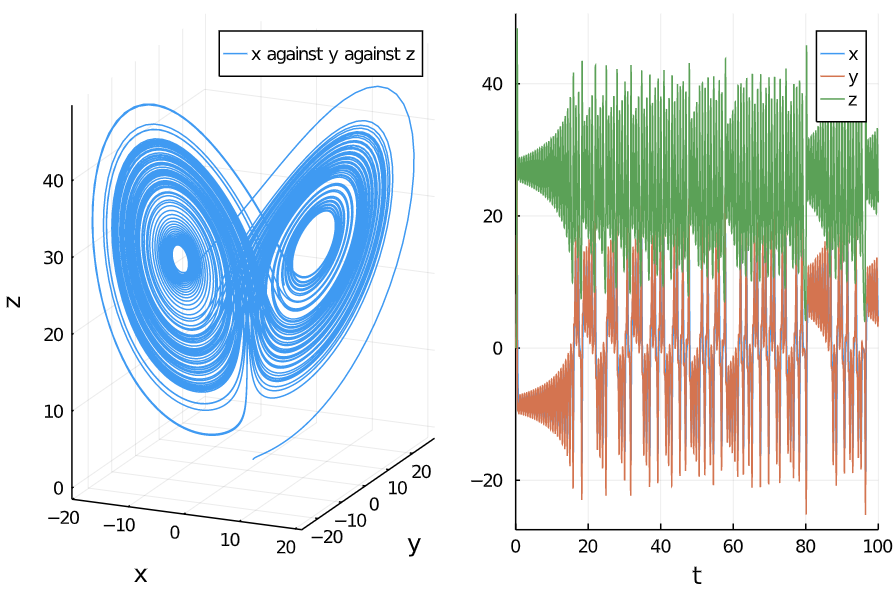I am a phase space
The present moment as consciousness
Recently, I was in the grasp of desiring becoming, a gnarly problem that Joseph Goldstein describes as the focused attention to becoming a better meditator, more present, more aware. This is a counterintuitive failing, a desire to avoid desire! Striving for the spirit is not gonna work.
My brand of grasping for becoming added a pinch of cognition and, like a cat awaiting a mouse at a hole in the wall, I sat watching and waiting for a complete conscious experience of equal parts sounds, sights, and sensations without any semblance of thought. The more I tried to capture such a synergy of phenomena, the less settled I became, the more selfish I felt. I was trying to understand what consciousness was, how all the pieces fit, and why I was centered so much in my self while sitting here trying to expunge it.
To “its” credit, a thought, a mantra really, brought me back into the present. “Begin again. Be with what is.”
Was there a mindset, an intention, a place I could begin from that could prevail over my fidgety spotlighting of each qualia, my crazed attempt at capturing contents to explain consciousness-as-context?
What I came up with, what worked for me, is that I am a phase space, not responsible to plot individual qualia at each moment, but instead, I am each moment of conscious experience. If I am focusing on the breath, the phase space is drawn into those sensations; but, as I widen my mind to include all experience, the phase space widens.
The most famous plot in phase space, the one that leads into James Gleick’s story of the “discovery” of complex systems in his seminal layman’s book on the subject, Chaos: Making a New Science,” is the Lorenz Attractor. Changing the plot from a time-series (where the y-axis tracks the response and the horizontal x-axis plots time) to a plot only of position (the phase in time) of the system as it progressed, clarifies the emergence of order but never a steady state. In other words, a system like a millwheel would look random or chaotic looking at velocity over time, but shows the clearly complex Lorenz Attractor behavior between order and chaos when viewing the placement of a paddle as the system spins first one direction and then in the other.

Consciousness is not something to observe or even something to observe changes in over time, but something to be. Like a phase space, consciousness is only appreciated in the moment, not as a collection of past, present, and future points in time, but as the space for phenomena now.
The Lorenza Attractor functions like a breath, defining inhale and exhale, but never converging or steadying, instead sensitive to previous breathes, exertion, or altitude. The Lorenz Attractor is a function like the mind; grasping at pleasure or a knowing thought, letting go and being with the phase space that is in every moment—the context of consciousness.


